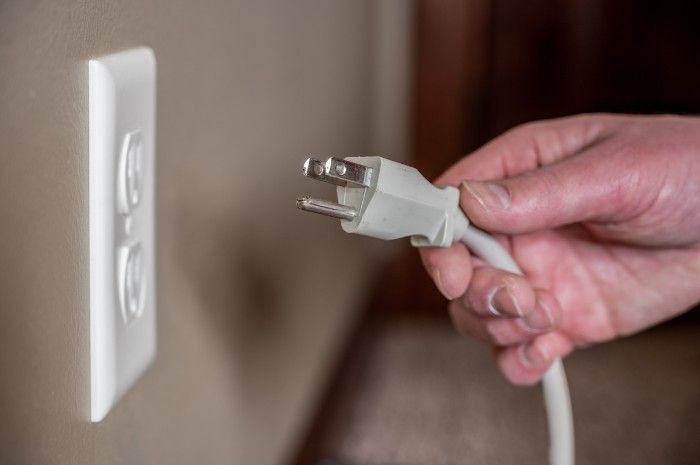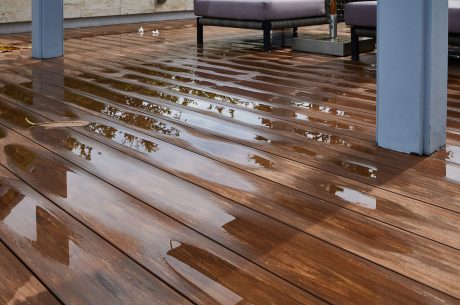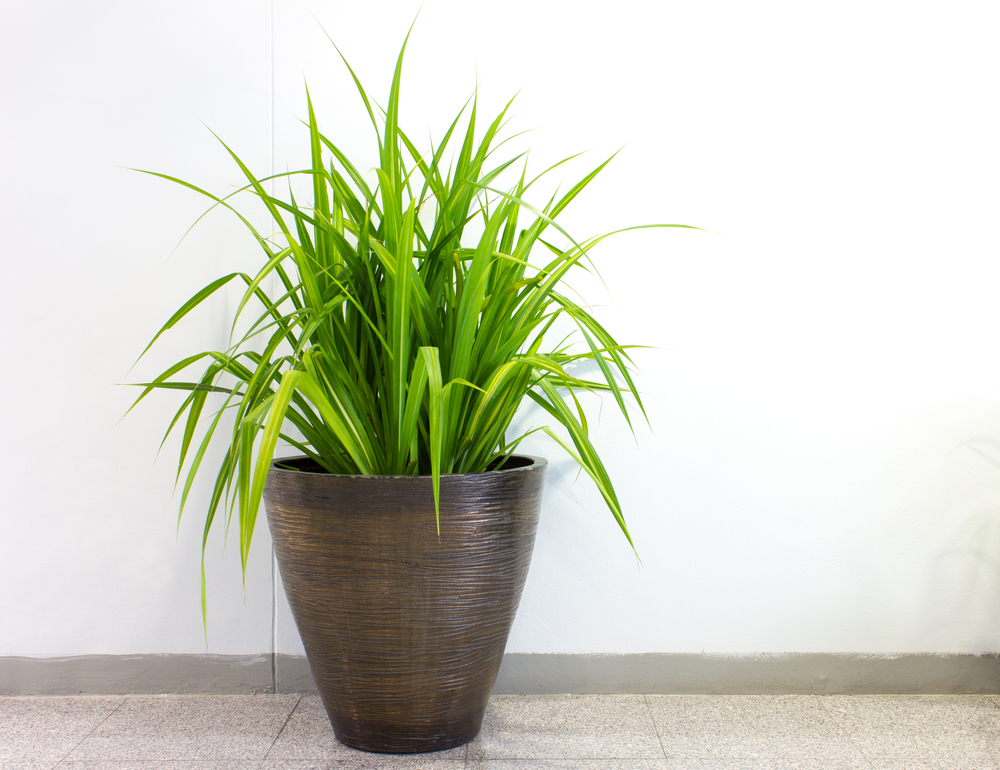Snow season is upon us! As we adapt to the cold temperatures, we often don’t realize how much of an impact a winter storm can have on our lives until one arrives. A winter storm can cause significant damage and disrupt our daily routines. It may become a blizzard, usually accompanied by wind-driven and freezing temperatures. During a blizzard, blackouts are relatively common, so preparing for one before it heads your way can make a world of difference.
Typically, a winter storm warning is issued when hazardous winter weather in the form of heavy snow, freezing rain, or sleet is imminent or occurring. Driving during these conditions is especially risky. According to the Occupational Safety and Health Administration (OSHA), weather-related crashes cause more than 6,000 deaths and 480,000 injuries yearly. With your safety in mind, we’ve gathered some tips, so your winter storm preparation isn’t iced out, pun intended.
Before a Winter Storm Blackout
You never know when a winter weather advisory will hit, so it is essential to be prepared!
- Insulate your windows and doors. Cover windows with plastic from the inside or install storm windows, caulk, and weather-strip doors to keep the extreme, cold air out.
- Have heating equipment and fuel ready. Have an alternative solution available, such as a gas fireplace, wood fireplace, or wood-burning stove. Exercise caution when using wood or gas-burning appliances and ensure the room is well-ventilated and equipped with a smoke and carbon monoxide alarm. Be sure to stock up on sufficient heating fuel, too.
- Prepare your pipes. Cover the lines with insulation to prevent them from freezing. Alternatively, wrap them in layers of newspapers and cover the newspapers with plastic to keep out moisture. Allow a trickle of water to run from faucets; this helps prevent pipes from freezing. When pipes freeze, they can burst, causing significant water damage. If this happens, ensure you know where the main water valve is and how to shut it off.

- Charge your phone and other devices. Keep your phone charged in case of an emergency, and have a couple of portable chargers on hand to keep it powered for as long as needed. Additionally, you can use your car’s power source to charge your phone or other devices if necessary.
- Back up essential computer files. Back up important documents, photos, videos, and other files on a CD, USB flash drive, or cloud service in case of a power outage.
- Create an emergency supply kit containing at least the following items:
- Water for drinking and sanitation to last at least three days; one gallon of water per person per day is a rule of thumb.
- Non-perishable food to last at least three days; avoid food that makes you thirsty.
- A flashlight with extra batteries.
- A first aid kit including prescription medication, scissors, tweezers, cloth tape, antibiotic ointment, adhesive bandages, non-latex gloves, etc.
- A hand crank or battery-powered radio, as well as extra batteries. Tune in to the NOAA radio station for weather updates.
- Copies of personal documents (proof of address, deed/lease to home, passports, etc.)
- Baby supplies like bottles, formula, baby food, diapers, etc.
- Pet supplies such as a collar, leash, ID, food, carrier, bowl, etc.
- Extra clothing, such as coats, gloves or mittens, hats, boots, and extra blankets.
Following these winter storm safety tips, you’ll stay safe and secure while weathering the storm.
During a Winter Storm Blackout
During the winter season, stay safe by staying warm and monitoring any appliances powered by a generator.
- Don’t run your generator inside your home. Keep your generator outdoors to power appliances like the fridge or kerosene heater. Never run the generator inside your home or garage, as this can cause carbon monoxide poisoning. Run it in a well-ventilated place and away from doors, windows, and vents that could allow gas to come indoors.
- Seal off rooms that you don’t plan to use. Close doors and windows in rooms not being used, and seal off fireplaces and vents to prevent heat from escaping. This helps keep the warmer air inside the house for as long as possible.
- Unplug appliances to prevent power surges from destroying them. Also, keep one light on in your home to know when the power has returned.

- Stay warm by minimizing your exposure to the cold. Try to stay in one room, preferably in an area with insulation or windows covered with plastic from the inside; this will help keep out drafts. Cold weather puts an extra strain on the heart, so reduce the risk of a heart attack by avoiding overexertion when shoveling snow and walking in the snow.
- Dress warmly. Wear several layers of loose-fitting, lightweight, warm clothing, a hat, mittens, and a scarf to maintain your body heat. Watch for signs of frostbite (loss of feeling and a pale appearance in the extremities such as fingers and toes) and hypothermia (shivering and memory loss).
- Open refrigerator doors as little as possible to slow the spoilage of refrigerated and frozen foods. Place plastic containers filled with cold water inside the fridge if you need water. Have a cooler as a backup for keeping essential items cold, such as medication.
No matter what happens during a winter storm, be sure to stay informed, prepared, and remain calm. With proper preparation, you’ll be able to survive the storm and come out stronger on the other side.
After a Winter Storm Blackout
Once the storm has passed, you’re not out of the woods yet! It’s still critical to remain on high alert.
- Check your home for any damage and make repairs as needed. If you smell gas or suspect a leak, turn off the main gas valve immediately and contact your utility company. Beware of any downed power lines in your area, and don’t attempt to move them; wait for your electric company.
- Check your food supply. Discard any canned or perishable items that may have spoiled during the blackout. If you’re still without power, contact your local utility company for an estimated time when power will be restored. Be aware that flooding may occur depending on the storm’s severity.
- If you have to drive, do so carefully. Traffic signals may be down, so treat intersections like a four-way stop and drive defensively.
With proper preparation and vigilance, you can ensure your safety during a winter storm blackout and reduce its impact on your home. Remember that being informed and prepared is vital to surviving a blackout.
Contact Your Local PuroClean for Property Damage Restoration
If you experience any property damage due to the winter weather or a winter storm blackout, contact your local PuroClean of Broken Arrow. Our technicians are trained and certified to handle emergencies such as frozen pipes, flooded basements, water damage, and fire damage. We have the experience and the latest technology to restore your home or business quickly and effectively.
For quick emergency response during winter storms, you can contact PuroClean of Broken Arrow today. Our team is here to help you get back on track as soon as possible, so call us at (918) 877-7373.




 PuroClean of Broken Arrow
PuroClean of Broken Arrow